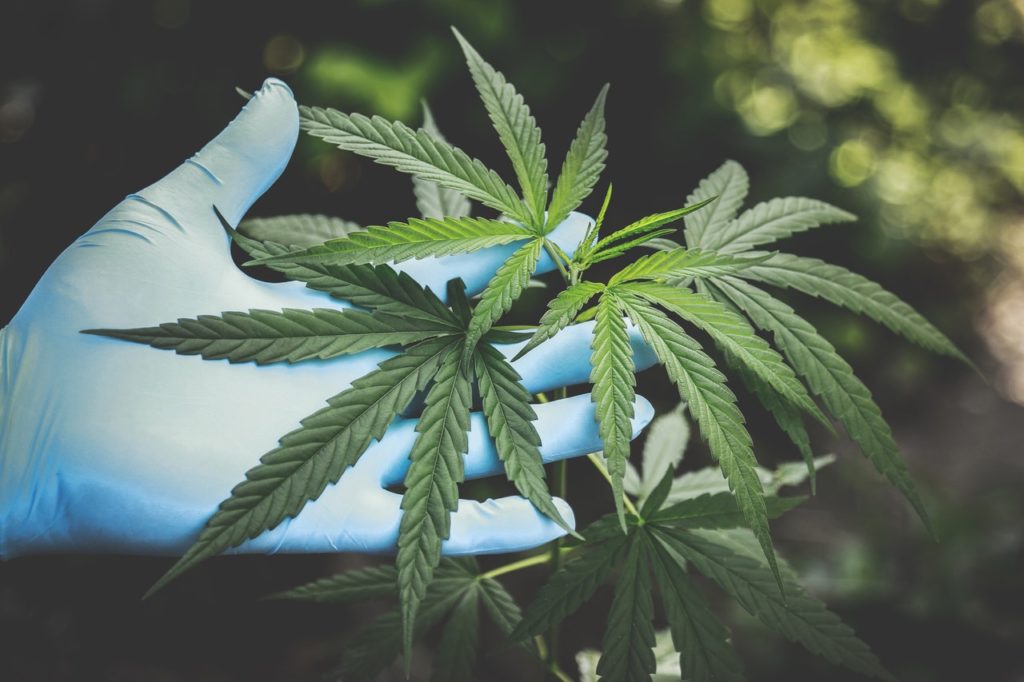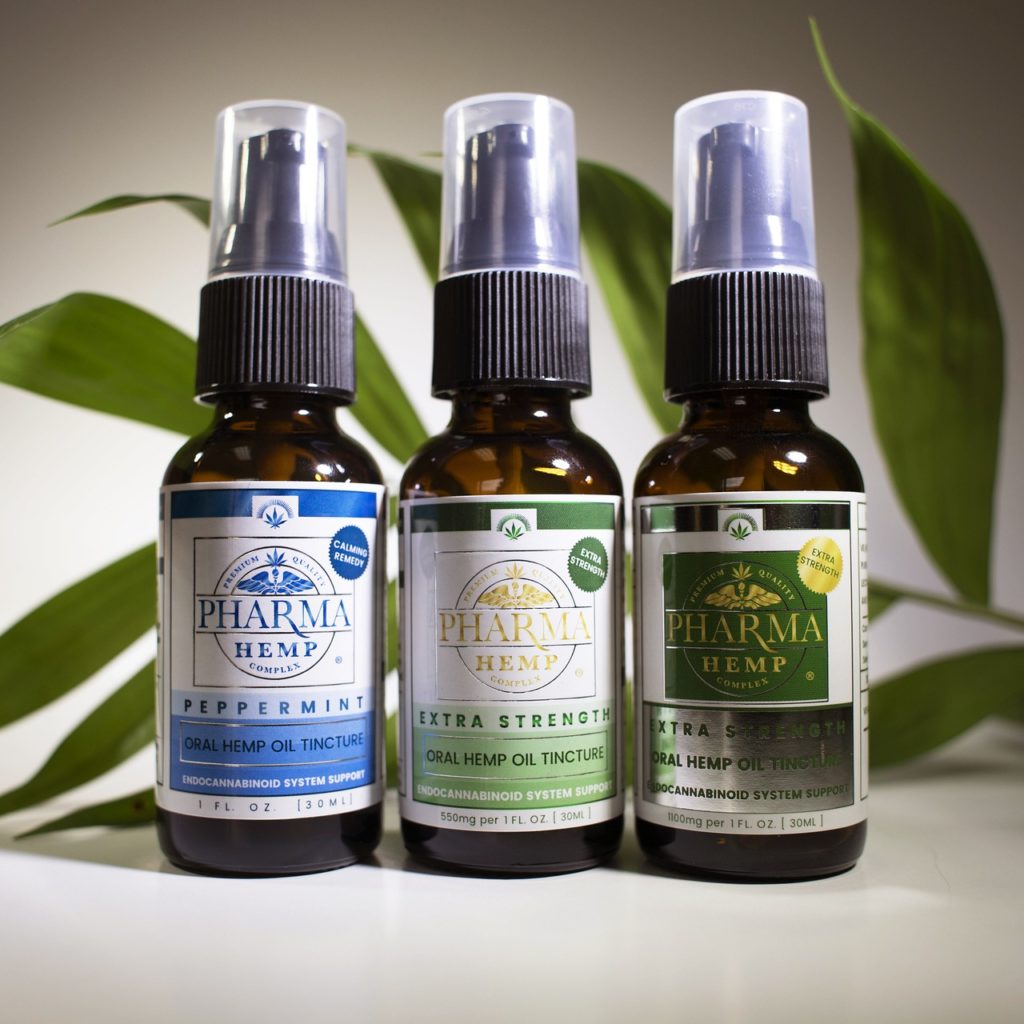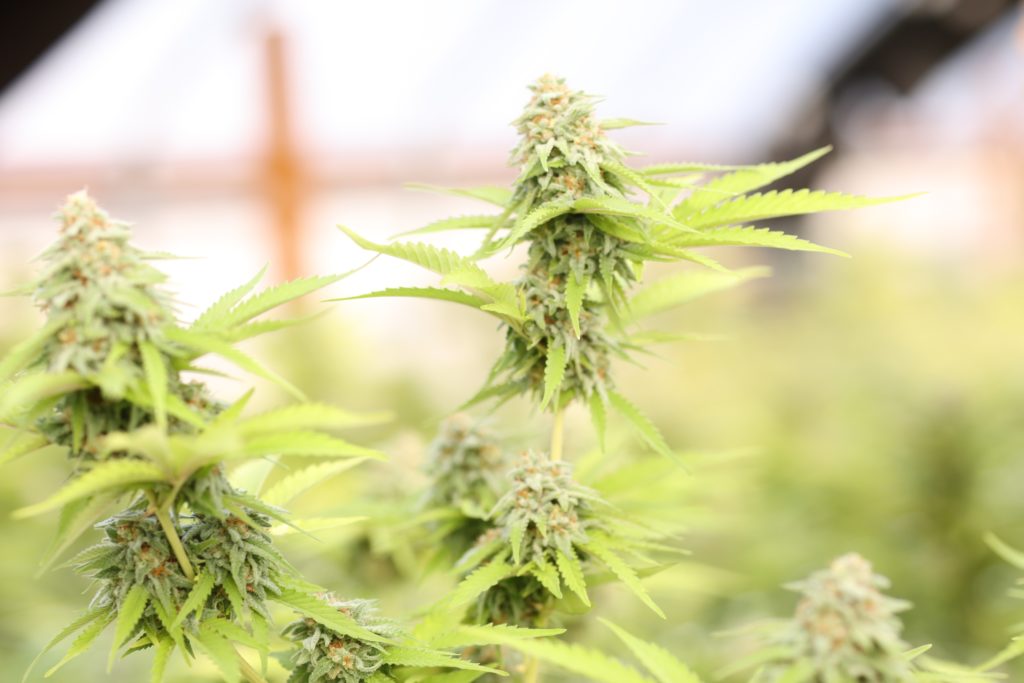Unicamp and Entourage Phytolab entered into a partnership to study cannabis varieties in Brazil. The aim is to describe the medicinal, productive and genetic characteristics of 240 cannabis varieties which will be grown in controlled chambers. The research project, “Selection of Genotypes of Cannabis sativa L. for the Production of Medicines,” will be carried out in a period of 28 months.
Entourage Phytolab plans to study cannabis varieties in Brazil


The University of Campinas (Unicamp-SP,) and Entourage Phytolab, a research and development company for new cannabis-based products, have signed an agreement to study cannabis varieties in Brazil.
While Unicamp joins the body of researchers, Entourage funds the project, which will evaluate 240 cannabis varieties.
Contributing original content and curating quality information on only the most promising cannabis companies and the most influential investors, Hemp.im allows you to save time as you stay on top of the latest trends in this dynamic industry of cannabis.
Unicamp to choose marketable cannabis varieties in Brazil
“Unicamp will study the chemical, agricultural and genetic concepts of cannabis varieties in Brazil, which includes the production of raw materials and genotyping cannabis varieties. From the study, Entourage will choose which of them are more suitable for product development,” explained Ílio Montanari, an agronomist, and researcher at Unicamp’s Pluridisciplinary Center for Chemical, Biological and Agricultural Research (CPQBA.)
According to Caio Abreu, CEO of Entourage Phytolab, the most famous cannabis compounds are Tetrahydrocannabinol (THC) and Cannabidiol (CBD,) but they are not the only components of the cannabis plant.


“There are over 100 compounds that are in small proportions and have very interesting therapeutic potentials. From this genetic selection, we must find cultivars to produce these components in larger proportions, as they are a source of raw material for medicine,” he added.
Newton Frateschi, executive director of Inova Unicamp, pointed out that the second agreement with Entourage demonstrates the success of the university-company interaction focused on the health area.
“It is a clear case in which research and development at the University can become a product with a great impact on society,” said Frateschi.
Study on cannabis varieties in Brazil awaits Anvisa approval
The talks between both parties have been going on for about five years, but the progress of the research depends on the authorization of the National Health Surveillance Agency (Anvisa.) For the study on cannabis varieties in Brazil to be granted, some of the agency’s rules must be met.
“The CPBQA is a reference in medical cannabis, but Anvisa’s regulations have some requirements such as indoor planting and safe areas. The facilities are beginning to be adequate for the agency to approve the studies,” said Abreu.
The Unicamp researcher is confident about the approval and argues that studying cannabis varieties in Brazil is an opportunity for the country.
“Unicamp will apply for special authorization for Anvisa. This will be presented and we expect a response, at most, in three months and a positive response at that,” Abreu said.
While Anvisa’s approval for the study of cannabis varieties in Brazil is underway, Entourage intends to take further steps this year.
“In the first half of 2020, we will present some formulations and clinical trials,” he said.
Security and quality control is of utmost importance


The beginning of the research still depends on Anvisa’s approval for the controlled cultivation of cannabis varieties in Brazil for research purposes. The plants will be cultivated exclusively within three phytotrons which control temperature, air humidity, photoperiod, and light intensity.
As outlined in the agreement, in order to guarantee the safety of the research samples, the cultivation site will be monitored 24 hours a day by a security system implemented in the CPQBA by Entourage Phytolab including a rigid access control with biometric identification, double doors, and cameras with remote monitoring.
Entourage is the company responsible for the cost of the project from the identification and acquisition of the seeds to the reforms and equipment acquisition which will only occur after Unicamp obtains the Teaching and Research Establishment Authorization (AEP) for the project by Anvisa.
__
(Featured image by Aphiwat chuangchoem via Pexels)
DISCLAIMER: This article was written by a third party contributor and does not reflect the opinion of Hemp.im, its management, staff or its associates. Please review our disclaimer for more information.
This article may include forward-looking statements. These forward-looking statements generally are identified by the words “believe,” “project,” “estimate,” “become,” “plan,” “will,” and similar expressions. These forward-looking statements involve known and unknown risks as well as uncertainties, including those discussed in the following cautionary statements and elsewhere in this article and on this site. Although the Company may believe that its expectations are based on reasonable assumptions, the actual results that the Company may achieve may differ materially from any forward-looking statements, which reflect the opinions of the management of the Company only as of the date hereof. Additionally, please make sure to read these important disclosures.
First published in Globo Rural, a third-party contributor translated and adapted the article from the original. In case of discrepancy, the original will prevail.
Although we made reasonable efforts to provide accurate translations, some parts may be incorrect. Hemp.im assumes no responsibility for errors, omissions or ambiguities in the translations provided on this website. Any person or entity relying on translated content does so at their own risk. Hemp.im is not responsible for losses caused by such reliance on the accuracy or reliability of translated information. If you wish to report an error or inaccuracy in the translation, we encourage you to contact us.



Comments are closed for this post.